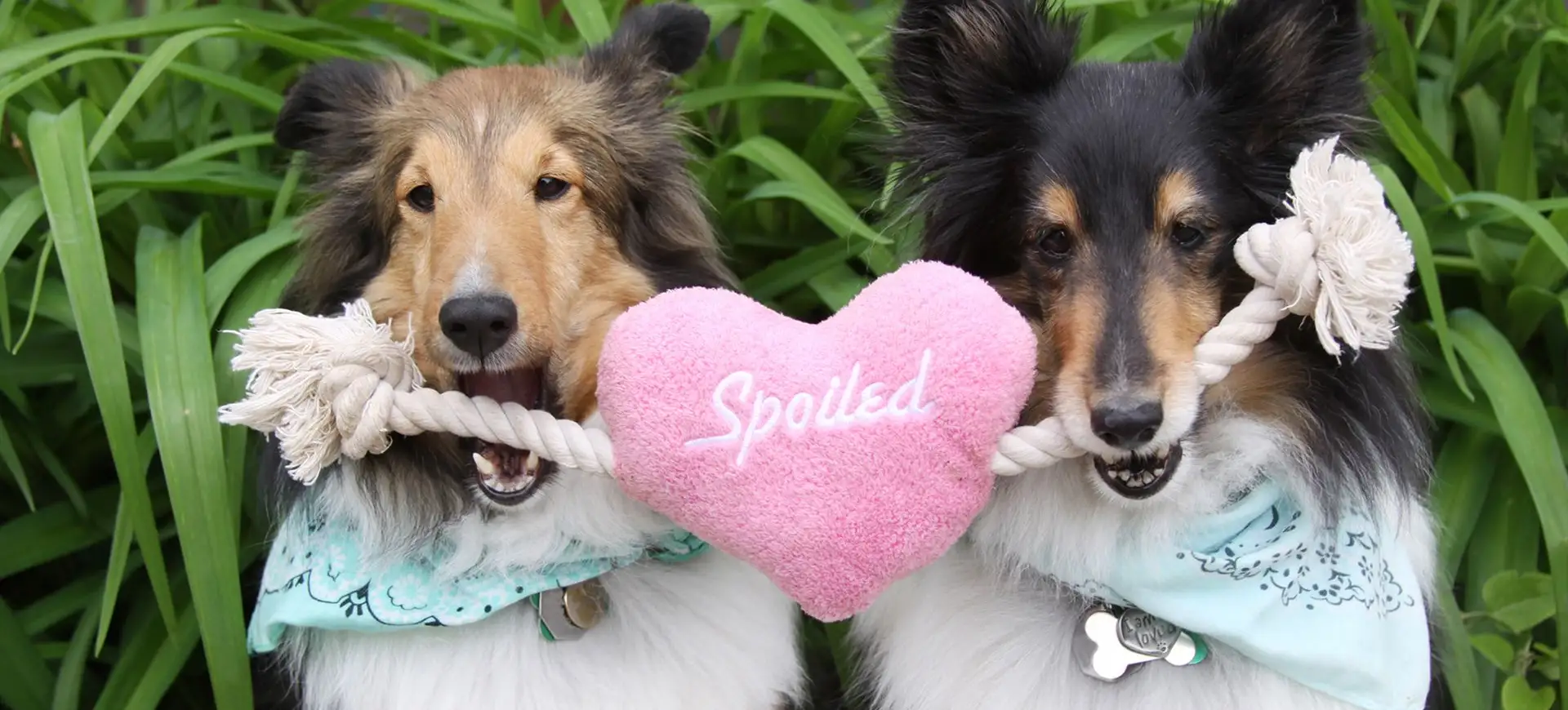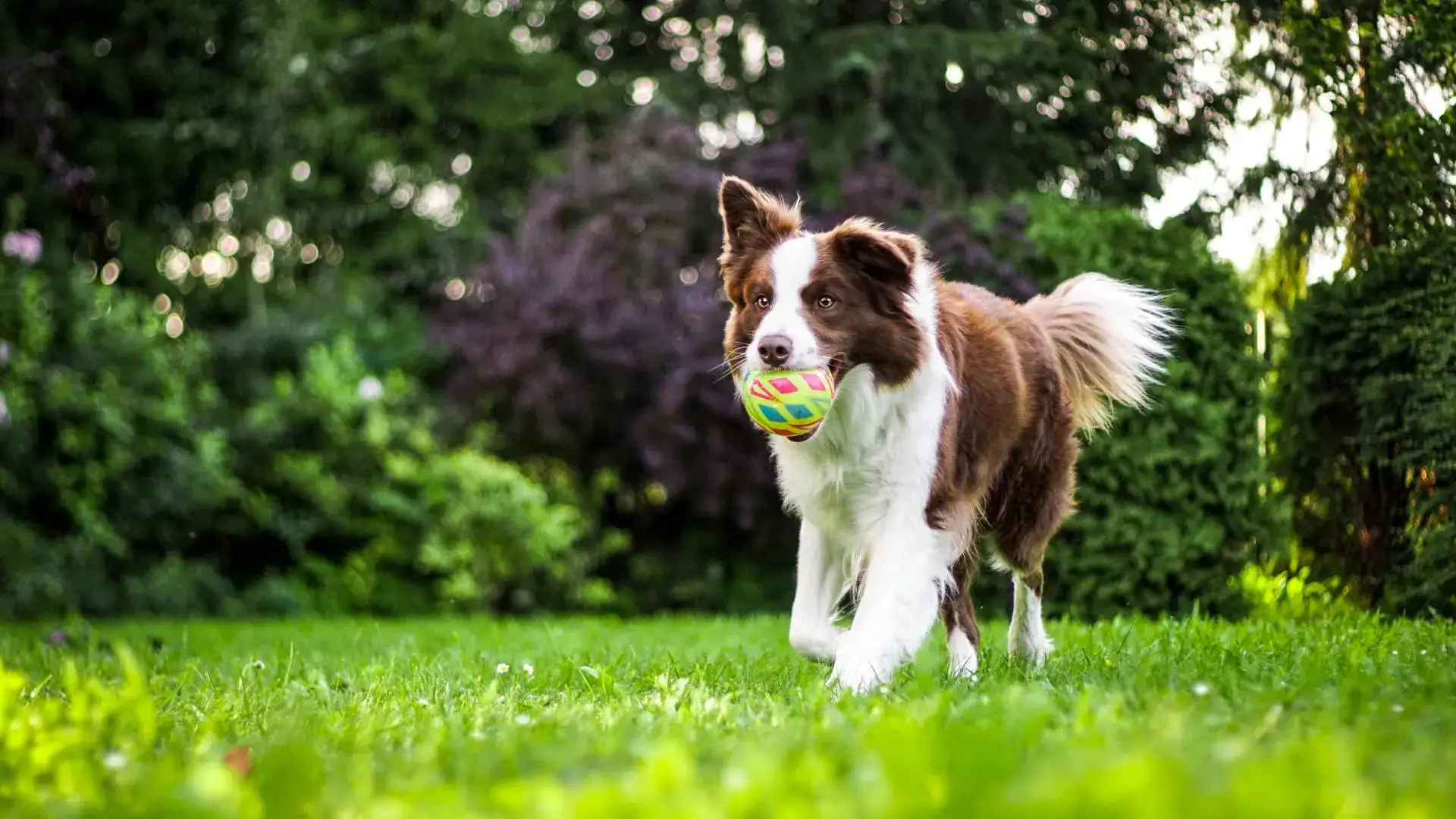Did you know that hip dysplasia is the most common orthopedic issue we see in large and medium-sized dogs? This painful condition can happen to any pooch, though it’s more common in big dogs. In fact, some large breeds have as much as a 70% incidence rate. While some pups don’t show signs of hip dysplasia until they’re older, others may develop it as early as six months. The disease isn’t curable, but it can be managed. However, early diagnosis and treatment can be extremely helpful. A local vet lists some things to watch for below.
Reduced Activity
Hip pain can really put a damper on Fido’s playful personality. Your canine buddy may not be as interested in playing Fetch or jumping for Frisbees. When your pooch does feel frisky, he may tap out after just a couple minutes.
Reduced Range Of Motion
You may notice lameness and/or pain, particularly in your furry pal’s back legs. Fido may also not be able to turn or bend easily.
Loss Of Muscle Mass
As hip dysplasia takes its toll, your four-legged friend will likely become less active. That will lead to a loss of muscle mass, which eventually leads to muscle atrophy. You may also notice your canine buddy becoming bulkier on the front end. This is because he’ll hold his weight differently in effort to take weight off his rear.
Unusual Gait
Hip dysplasia can also affect your furry buddy’s gait. Fido may walk with a swaying stride. Or, he may hop, almost like a bunny.
Reduced Mobility
Hip dysplasia can make even small movements painful for your beloved pet. You may notice your furry best friend having trouble getting in and out of the car, climbing stairs, or even just getting up or down. Fido may act wobbly, and he may not want to leave his bed.
Treatment
If your canine pal shows any of these symptoms, it’s time to contact your vet. Fido will need exams and tests to determine if he does have hip dysplasia and, if so, how bad it is. Once your pooch has been diagnosed, your vet will be able discuss specific treatments with you. These may entail nutritional options, such as a doggy workout regime; supplements or a specific diet; medication; and/or other options.
Do you know or suspect that your dog has hip dysplasia? Contact us, your animal clinic in Rialto, CA, today!



